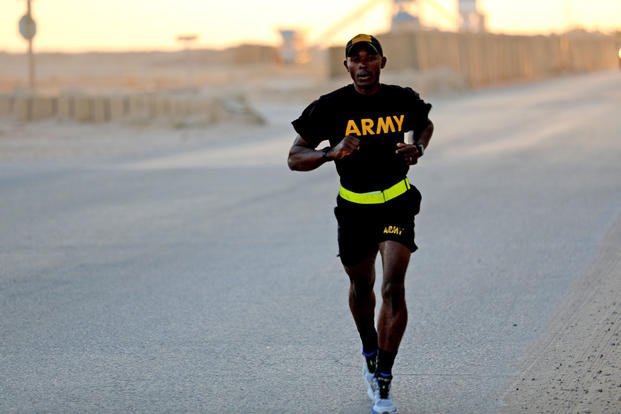With the long days of summer, there are more daylight hours in which to exercise. Many people focus on running and outdoor activities. These days, though, it may be best to stay indoors and do another type of workout instead of breathing polluted air during strenuous cardio activity.
In an email this week, I was asked about running during the summer, specifically during sand and dust storms in Iraq. In a separate email, I also was asked the same question about running near the cities of the southeast coast of the United States when summer days are hazy, hot and humid. Both humid and dry summer environments are not the most enjoyable places to run, because if dehydration does not slow you down, the fine particulate matter that can lodge in your lungs will.
In hot, humid cities like Washington, D.C.; Atlanta; and, even worse, Beijing, more pollutants are trapped in the wet air that we breathe and will lead to many health issues, such as:
- Reducing lung capability and function
- Damaging the lining of the lungs
- Causing asthma flareups
- Other chronic irreparable lung diseases
Tip to avoid: Do not run in the hottest part of the day and watch for weather ozone alerts in your city. Check out the Weather Channel's state air quality tool for updated information about your city's air quality.
Arid environments
I asked an Army general surgeon attached to a Special Forces Group, and he said, "In the desert (specifically Iraq), you do not have the humidity issues of many regions, but due to the dry air, sand, dust, chemicals and even animal/human feces microbes can get lodged into your lungs, especially if you try to run during or shortly after a windstorm in the desert."
The same lung issues can occur as the above because the fine pollutants fly through the air and can get into your lungs and be an irritant at best.
In either environment, you should consider a TRX suspension system, weights or PT workout for the day. I know it is tough to skip a cardio workout when seeking a fitness goal of some sort, but consider the near- and long-term health goals as well.
Many complain of a persistent cough after running in a polluted area, which can last for months. If reduced lung capability is the best you can hope for when running in pollutants and permanent lung damage or cancer is the worst, I seriously would consider opting out of the long, hard run until the air clears.
Stew Smith is a former Navy SEAL and fitness author certified as a Strength and Conditioning Specialist (CSCS) with the National Strength and Conditioning Association. Visit his Fitness eBook store if you're looking to start a workout program to create a healthy lifestyle. Send your fitness questions to stew@stewsmith.com.
Want to Learn More About Military Life?
Whether you're thinking of joining the military, looking for fitness and basic training tips, or keeping up with military life and benefits, Military.com has you covered. Subscribe to Military.com to have military news, updates and resources delivered directly to your inbox.




















